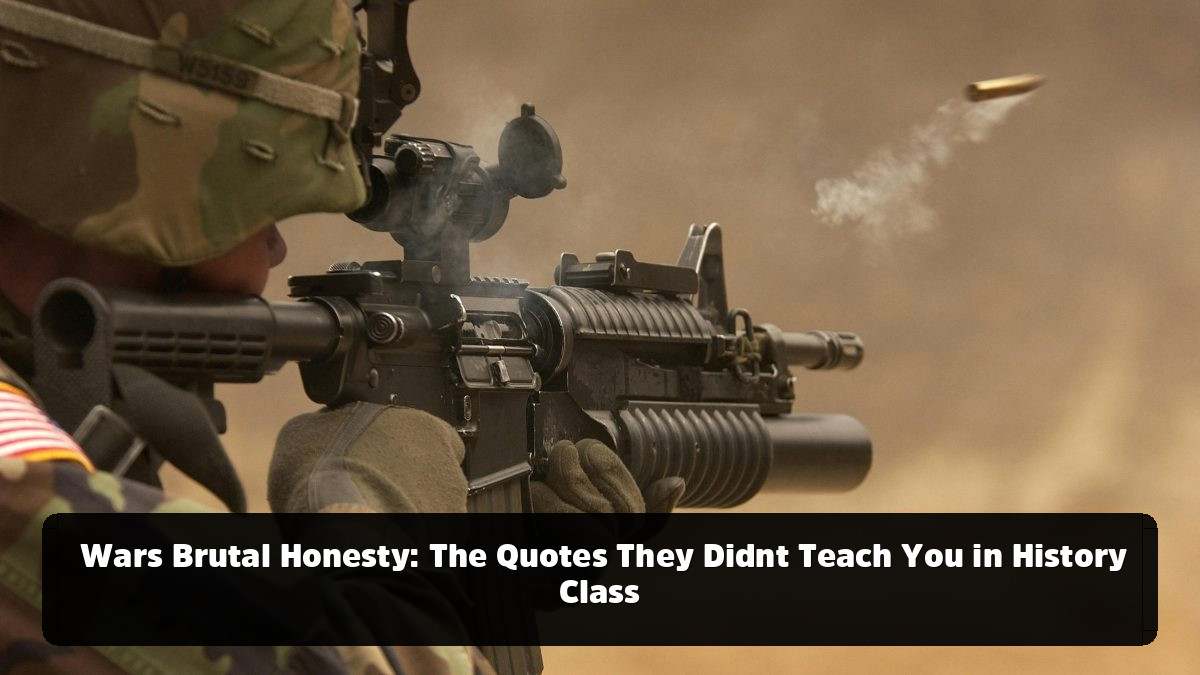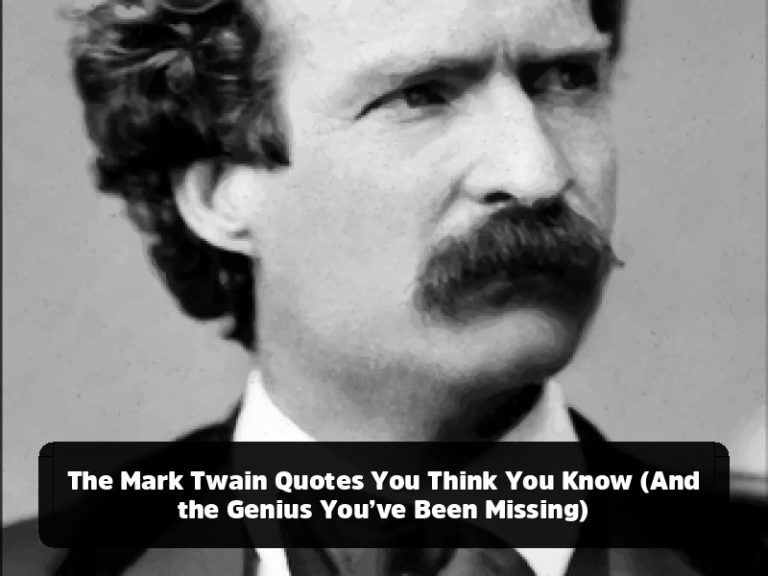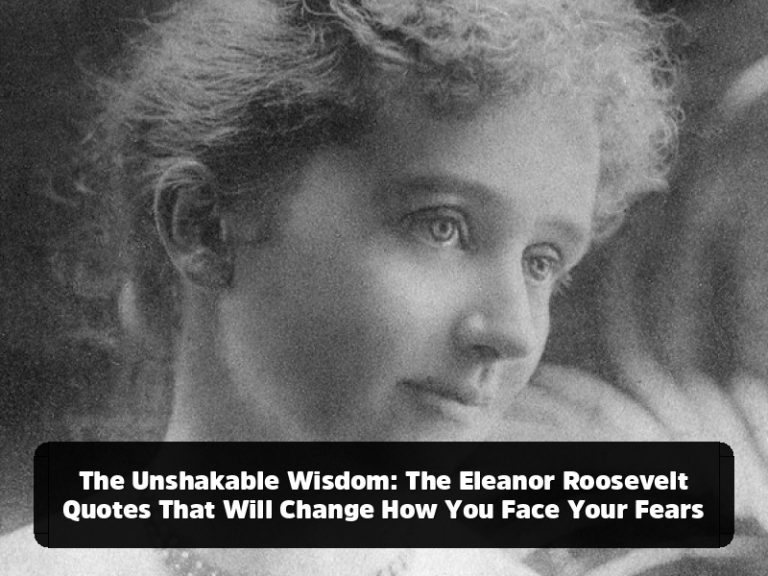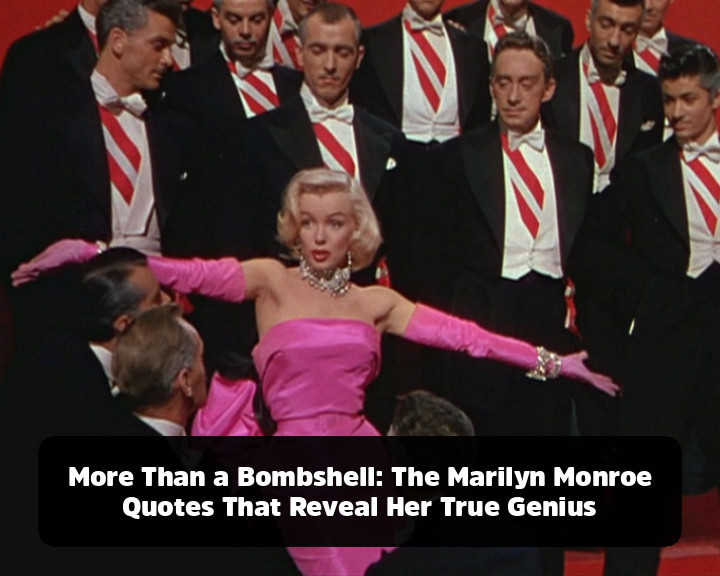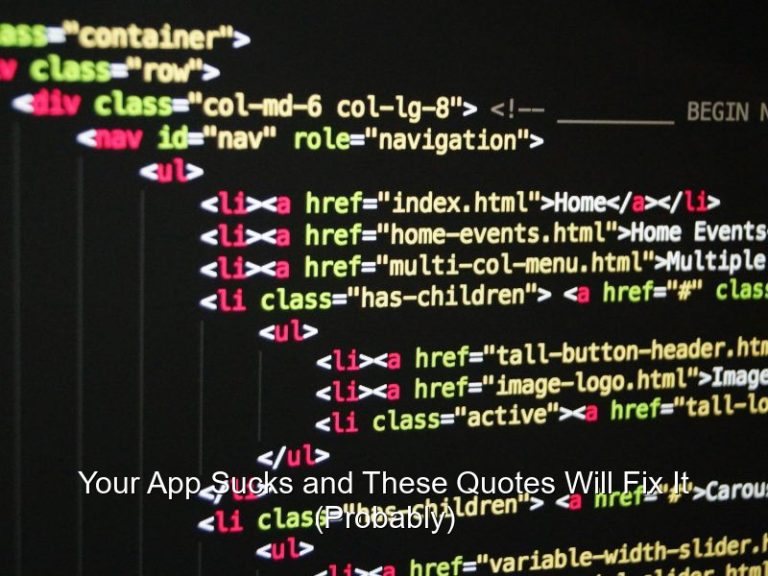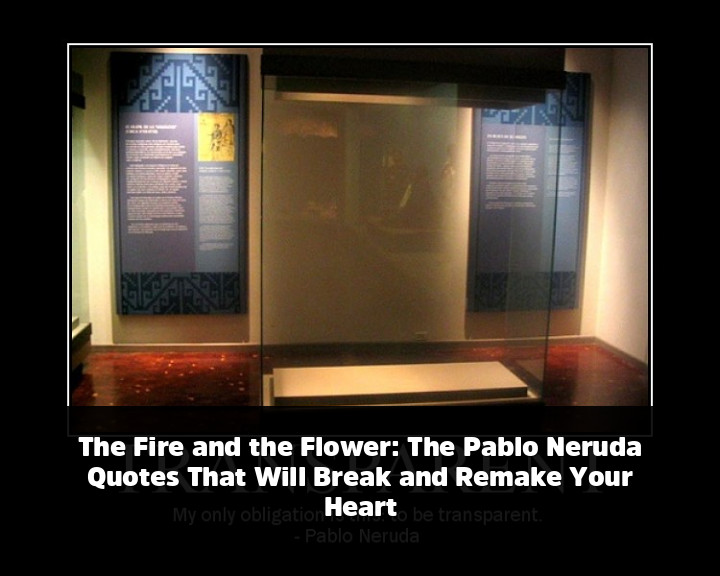Ever scrolled through those epic lists of war quotes, the ones that make you nod grimly and feel a profound connection to the brutal truths of history? You know the ones I mean. They’re powerful, they’re poignant, and if we’re being totally honest, they’re often heavily sanitized. The history books and inspirational posters love a good, clean line about honor and glory. But what about the raw, uncomfortable, and downright cynical things people have said about the utter madness of conflict? The quotes that didn’t make the classroom cut because they’re a little too real, a little too honest about the machine of war and the grubby hands that feed it. Let’s pull back that curtain.
Wars Brutal Honesty: The Quotes They Didnt Teach You in History Class
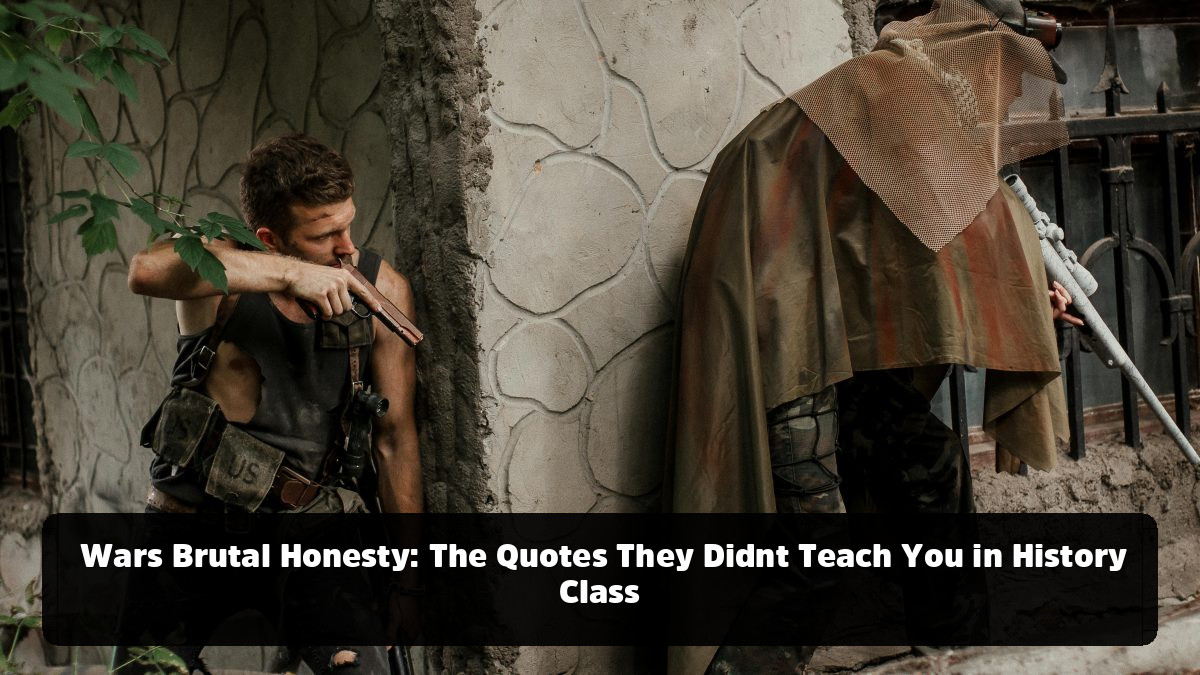
We’re taught that war is a necessary evil, a tragic but sometimes justified extension of politics. But the sharpest observers of the human condition—the comedians, the soldiers, the philosophers—have always seen it for what it often is: a racket, a failure, and a profound absurdity.
The Staggering Absurdity of It All
Some of the best quotes cut through the solemnity and expose the pure, unadulterated insanity of mass organized violence.
- George Carlin, with his trademark dark wit, nailed the ultimate contradiction: “Fighting for peace is like screwing for virginity.”
- Centuries earlier, French philosopher Voltaire observed the hypocritical rules of society: “All murderers are punished unless they kill in large numbers and to the sound of trumpets.”
- And perhaps the simplest, most devastating question came from Blaise Pascal: “Can anything be stupider than that a man has the right to kill me because he lives on the other side of the river and his ruler has a quarrel with mine, though I have not quarreled with him?”
Follow the Money, Find the War
If you ever want to know the real *why*, just follow the trail of cash. This isn’t a modern revelation; it’s an ancient one.
- The Roman orator Cicero stated plainly: “The sinews of war are infinite money.”
- But no one put it more bluntly than U.S. Marine Major General Smedley Butler, who famously confessed: “War is a racket. It always has been. It is possibly the oldest, easily the most profitable, surely the most vicious. It is the only one international in scope. It is the only one in which the profits are reckoned in dollars and the losses in lives.”
- President Dwight D. Eisenhower, a man who knew a thing or two about military-industrial complexes, connected the dots for domestic policy: “Every gun that is made, every warship launched, every rocket fired signifies, in the final sense, a theft from those who hunger and are not fed, those who are cold and are not clothed.”
The Hidden Suffering and the Empty Glory
The propaganda sells glory and victory. The reality is something else entirely, a truth known best by those on the ground.
- Union General William Tecumseh Sherman, who marched through Georgia, had zero patience for romantic notions: “I am tired and sick of war. Its glory is all moonshine. It is only those who have neither fired a shot nor heard the shrieks and groans of the wounded who cry aloud for blood… War is hell.”
- The humanitarian Eglantyne Jebb, founder of Save the Children, delivered a heartbreaking universal truth: “Every war is a war against children.”
- And from French philosopher Jean-Paul Sartre, a chilling class analysis: “When the rich make war, it’s the poor that die.”
The Lies That Launch a Thousand Ships
War requires a compelling narrative, and that narrative is rarely built on truth. It’s built on marketing.
- George Orwell saw the playbook clearly: “Every war when it comes, or before it comes, is represented not as a war but as an act of self-defense against a homicidal maniac.”
- The ancient strategist Sun Tzu offered a cold, tactical fact: “All war is based on deception.”
- And Voltaire delivered another knockout punch on the dangers of propaganda: “Those who can make you believe absurdities can make you commit atrocities.”
Imagining a Way Out
Amidst the cynicism, there is a thread of hope—a stubborn belief that we can invent our way out of this.
- Anthropologist Margaret Mead gave us the crucial starting point: “War is only an invention, not a biological necessity. The human mind can invent peace.”
- Albert Einstein, whose work unfortunately led to the ultimate weapon, argued for abolition: “War cannot be humanized. It can only be abolished.”
- And the poet Carl Sandburg dreamed of the ultimate general strike: “Someday they’ll give a war and nobody will come.”
These voices from across centuries and continents agree on one thing: the story we’re sold about war is often a carefully constructed myth. The real story is found in the quotes that make us uncomfortable, that challenge the patriotic fervor, and that force us to ask the hardest questions. They remind us that the greatest honor might not be in how we fight, but in how desperately we work to build a world where fighting is no longer an option.
Wars Brutal Honesty: The Quotes They Didnt Teach You in History Class
Other Quotes:
- Your App Sucks and These Quotes Will Fix It (Probably) Quotes Okay, let's be real for a second. You've poured your heart, soul, and an ungodly amount of coffee into that app. You've stared at the code until the pixels burned into your retinas. You've debated button shades of blue with a passion usually reserved for political debates. And then... crickets. The download numbers are meh. The user reviews? A solid "It's okay, I guess." Ouch. Right in the developer ego. I've been there. I once spent three weeks perfecting an onboarding animation that approximately seven people ever saw. Seven! My mom, my dad, and five random folks who probably downloaded…
- How to Get the Best Home Renovation Quotes Without Overpaying Quotes Understand What You Need Before You Ask Getting accurate home renovations quotes starts with a crystal-clear understanding of your own project. Vague descriptions lead to vague estimates, which can result in unexpected costs and frustration down the line. Before you even reach out to a contractor, invest time in defining the scope, desired materials, and your non-negotiable requirements. This preparation not only makes you look like an informed homeowner but also ensures the quotes you receive are comparable and based on the exact same work. Define Your Project Scope in Detail List every room and element involved, e.g., "kitchen cabinets,…
- The Mark Twain Quotes You Think You Know (And the Genius You've Been Missing) Quotes Let’s be honest, you can’t throw a proverbial cat on the internet without hitting a Mark Twain quote. They’re plastered on coffee mugs, stitched into pillows, and misattributed in chain emails from your aunt. But to simply pluck these witty one-liners from their context is like describing the Mississippi River by showing someone a glass of water. The real magic, the rollicking, cynical, and profoundly human genius, is in the man behind the mustache. To truly appreciate the vast and wonderful world of Mark Twain Quotes, you have to wade into the river, so to speak. This isn't just another…
- The Maya Angelou Quotes That Will Remind You of Your Own Power Quotes There are some voices that feel less like they are speaking to you and more like they are speaking for you—giving words to the silent, resilient parts of your own soul. Dr. Maya Angelou’s is one such voice. To read through a collection of Maya Angelou quotes is to be wrapped in a warm embrace of wisdom, a fierce call to courage, and a gentle reminder of your own inherent worth. She was a poet, a memoirist, an activist, and a teacher, but above all, she was a phenomenal woman whose life was a testament to the power of the…
- How Much Does a Remodel Really Cost? Get Free Quotes & Compare Prices Quotes Understanding the True Cost of a Remodel Embarking on a home remodel is an exciting journey, but it often comes with a significant financial commitment. The final price tag can vary dramatically based on the scope of work, materials chosen, and your location. This is why obtaining detailed remodel quotes from multiple contractors is not just a recommendation; it's a critical step in the planning process. A comprehensive quote breaks down all anticipated costs, from labor and materials to permits and potential overages, giving you a clear financial picture and helping you avoid unexpected surprises down the line. Without comparing…
- Your Competitors Are Writing Crap Quotes (And Heres How to Steal Their Traffic) Quotes Ever feel like you're shouting into the void with your content? You pour your heart into a blog post, carefully curate a list of inspiring change quotes, and… crickets. Meanwhile, some generic site with a listicle slapped together in five minutes is hoarding all the Google traffic. It’s frustrating, right? The truth is, your competitors are probably writing crap quotes pages. But their laziness is your golden ticket. Let’s talk about how to not just compete, but completely dominate this space and steal their audience. Your Competitors Are Writing Crap Quotes (And Herees How to Steal Their Traffic) Most websites…
- More Than a Bombshell: The Marilyn Monroe Quotes That Reveal Her True Genius Quotes Scroll through any social media feed, and you’re bound to see her face. That platinum hair, the dazzling smile, the beauty mark. And accompanying that iconic image, almost certainly, will be a quote. The internet is awash in Marilyn Monroe quotes, used to caption everything from selfies to philosophical musings. But so often, these phrases are stripped of their context, misattributed, or used to prop up a one-dimensional caricature of the woman who said them. Marilyn Monroe was not a simple person, and her wisdom was anything but shallow. Behind the breathy voice and the bombshell facade was Norma Jeane…
- The Real Vibe: The Bob Marley Quotes You Need to Hear (and the Fakes to Forget) Quotes Bob Marley is more than a musician; he’s a global icon, a spiritual guide, a revolutionary whose face is a symbol of peace, love, and rebellion. His music is the soundtrack to summer days and a source of strength during hard times. It’s no surprise, then, that the internet is saturated with Bob Marley quotes, offering nuggets of wisdom on everything from love to life to social justice. But there's a problem in this digital Zion: a huge number of the most popular quotes attributed to the Tuff Gong, he never actually said. This isn't just a collection of his…
- The Unshakable Wisdom: The Eleanor Roosevelt Quotes That Will Change How You Face Your Fears Quotes There are certain figures in history whose words feel less like historical artifacts and more like personal advice from a wise, trusted friend. Eleanor Roosevelt is one of those figures. To dive into the world of Eleanor Roosevelt quotes is to arm yourself with a quiet, unshakeable strength that feels both timeless and perfectly suited for the chaos of modern life. She was a First Lady, a diplomat, and a human rights activist, but she was also a woman who began her life feeling shy, plain, and insecure. Her wisdom wasn't born from a place of privilege, but forged in…
- The Fire and the Flower: The Pablo Neruda Quotes That Will Break and Remake Your Heart Quotes Some poets write with ink; Pablo Neruda wrote with fire, with earth, with the sea. To read his words is not a passive activity; it’s an experience. It’s the feeling of cool rain on your skin, the ache of a phantom limb, the warmth of a smoldering ember. The internet is overflowing with lists of Pablo Neruda Quotes, often attached to romantic images, but to truly understand their power, you have to go deeper. You have to be willing to explore the shadows as well as the light. Neruda wasn’t just a writer of pretty love poems; he was a…
